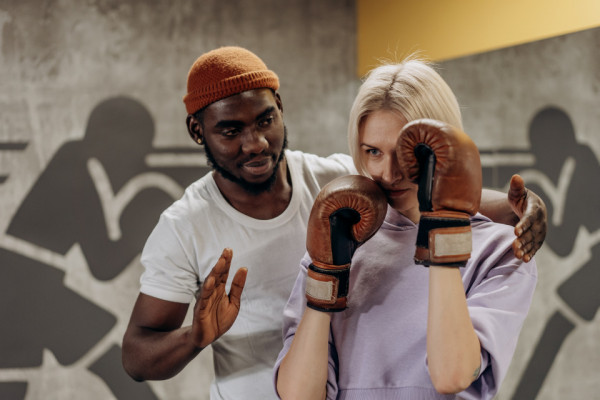
University of Bolton, Deane Road, Bolton. BL3 5AB
Tel:
Email:


“At the University of Bolton, we take great pride in providing a quality, supportive learning environment for our students.”
Professor George E Holmes DL | President & Vice Chancellor
“...tutors are very supportive and you’re not just a student ID number, at this university you are an individual with a name.”
Ellisse Vernon | BSc (Hons) Adult Nursing
Back to menu
Back to menu
Study with an Off-Campus Partner
Back to menu
Back to menu
University of Bolton, why we are the right choice
Location - Bolton, Greater Manchester

06/12/2021
2022 promises to be a fantastic year for sports, with the Winter Olympics, FIFA World Cup, ICC Women’s Cricket World Cup and the Rugby League World Cup. We can’t wait!
The sportsmen and women participating in these events give us hours of exciting entertainment. However, there are other people behind-the-scenes that we all need to thank too.
Here are just some of the unsung heroes working in the sports industry, as well as how you can move into sports as a career.
A physiotherapist is responsible for treating athletes with sports injuries, diagnosing the injury and coming up with a plan to help the athlete recover.
In sports, it’s important to help athletes get back to full health as quickly as possible, but in a safe way in order to prevent further injury. The physiotherapist will work with the athlete to identify how their body works and recommend strength and flexibility exercises that are bespoke to them.
A physiotherapist may also be involved in preventative work to prevent common injuries like knee injures in footballers or stress fractures in runners.
Find out more about our physiotherapy degree
You may think that a sports rehabilitator and physiotherapist are the same, but there are some critical differences. Physiotherapists are more generalist than sports rehabilitators and typically have more medical experience, which means they can treat illnesses as well as injuries.
A sports rehabilitator helps treat athletes for pain and injury, primarily focusing on the musculoskeletal system. This means sports rehabilitators are well qualified to treat sprains and strains as well as back, knee and wrist pain.
Both are well-valued members of the sporting community.
Find out more about our sport rehabilitation degree

Coaches are a vital part of all professional sports teams. Coaches work with athletes, not only helping them push themselves but giving them help, advice and mentorship.
A coach will look at how an athlete performs and help them identify their strengths and weaknesses. The coach will then formulate a training plan to help the athletes improve, both physically and mentally. This process is ongoing, and the coach will update the plan as the athlete grows stronger and faster.
Coaches not only help professional athletes but amateurs too. Coaches can be found in our local communities, helping adults and children get into sport.
Find out more about our sport development and coaching (top-up) degree
Our sport, sport rehabilitation and physiotherapy degrees can qualify you to work in lots of different careers in sports.
Our small classes, placement opportunities, and world-class research centre mean you will get a high-quality education, at the £31 million state-of-the-art Bolton one facility. What’s more, our Sports Science Department was rated No.1 in the North West for Teaching Satisfaction.*
Find out more about the range of sports courses we offer, and take the first step in your brand new career today.
*Guardian University Guide, 2022